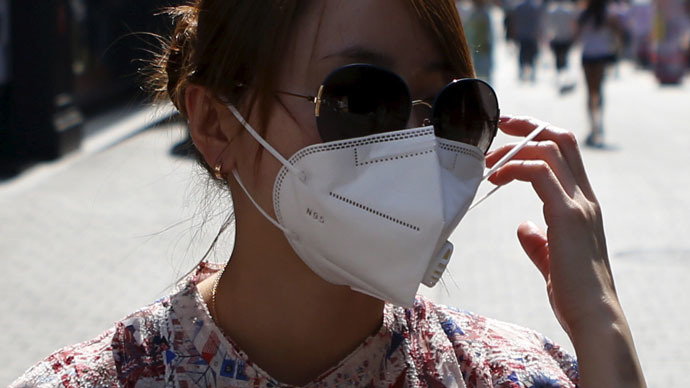computertranslation
Information by the RKI regarding a disease case by the MERS coronavirus
Status: 03/07/2015
Situation in Germany
In Germany, for the third time occurred a MERS-CoV case, as in the two previous cases, the disease was brought by a patient who arrived from the Arabian Peninsula. It is a 65-year-old German who had traveled to the United Arab Emirates, and is currently being treated at a hospital in Lower Saxony. In the Lower Saxony Minsterium of Health has informed in a press release on 7 March 2015 (see link below, all links mentioned here can be found at the end of the text).
People with close contact with the patient were determined and monitored by the relevant health authorities, the authorities are at the local and state level in close contact with the Robert Koch Institute. Generally MERS-CoV is not easily transferable, so that even in the case of secondary cases can not be expected that longer chains of infection occur. In Germany, therefore, there is no increased risk of disease in the general population.
Information by the RKI regarding a disease case by the MERS coronavirus
Status: 03/07/2015
Situation in Germany
In Germany, for the third time occurred a MERS-CoV case, as in the two previous cases, the disease was brought by a patient who arrived from the Arabian Peninsula. It is a 65-year-old German who had traveled to the United Arab Emirates, and is currently being treated at a hospital in Lower Saxony. In the Lower Saxony Minsterium of Health has informed in a press release on 7 March 2015 (see link below, all links mentioned here can be found at the end of the text).
People with close contact with the patient were determined and monitored by the relevant health authorities, the authorities are at the local and state level in close contact with the Robert Koch Institute. Generally MERS-CoV is not easily transferable, so that even in the case of secondary cases can not be expected that longer chains of infection occur. In Germany, therefore, there is no increased risk of disease in the general population.


Comment